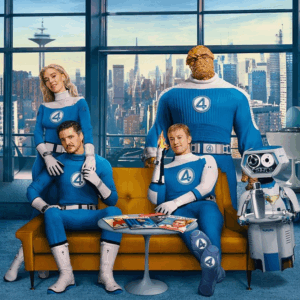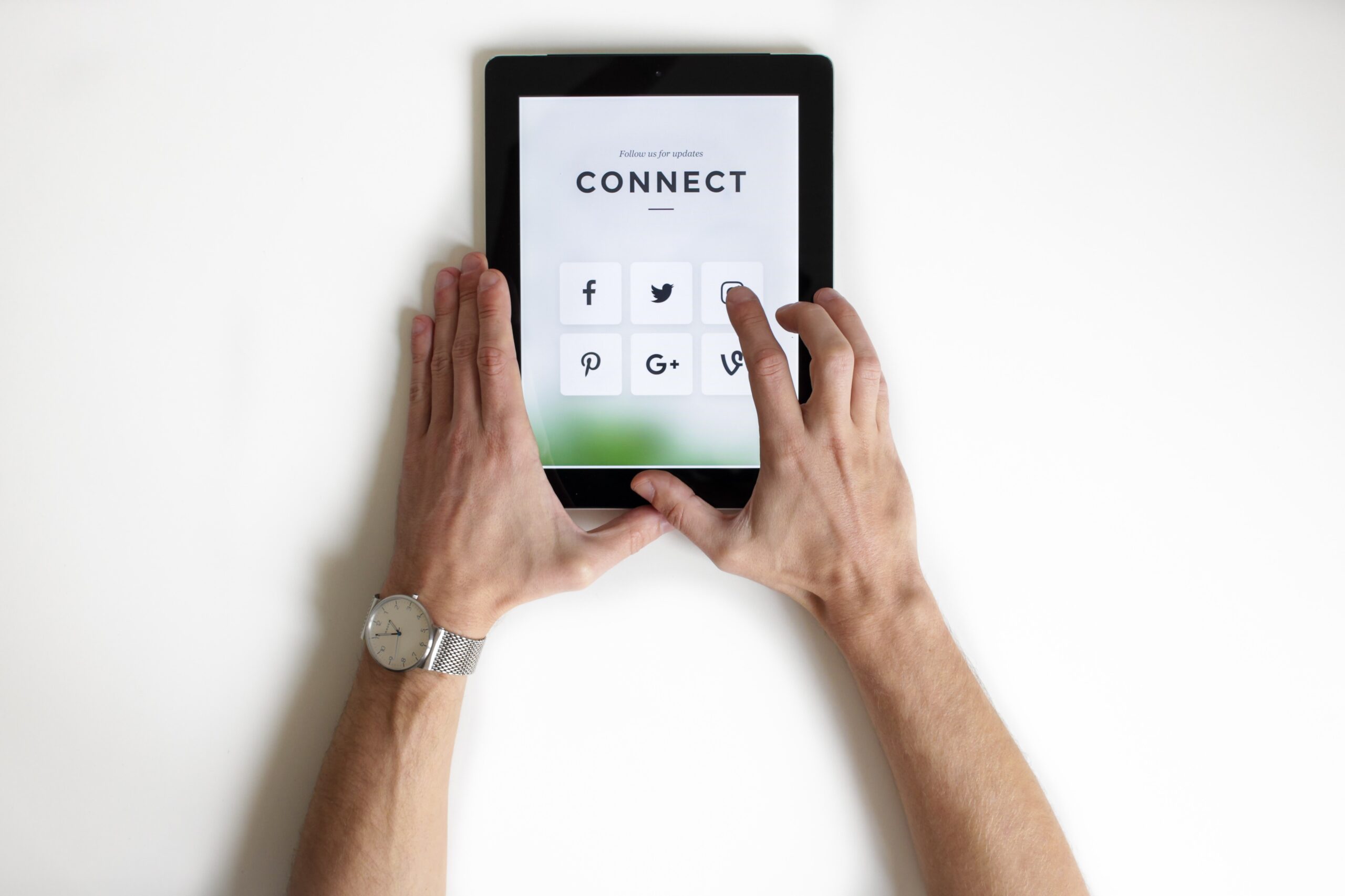Musk’s Takeover of Twitter Illuminates the Partisan Gap in Big Tech
The disagreement between Republicans and Democrats over how to regulate Big Tech companies is being brought to light by Elon Musk’s proposed $44 billion buyout of Twitter. Musk describes himself as a free-speech absolutist. Republicans applauded Monday’s announcement that Musk, the owner of SpaceX, a rocket ship manufacturer, and Tesla, an electric vehicle manufacturer, intends to acquire Twitter. “Free speech is making a comeback,” Rep. Jim Jordan, a member of the conservative House Republicans’ Freedom Caucus and the leading Republican on the House Judiciary Committee, wrote on Twitter.
In the meantime, Democrats such as Massachusetts progressive Senator Elizabeth Warren referred to the agreement as “dangerous for our democracy.” The two political parties’ divergent opinions on how or even why the country’s biggest tech companies should be regulated are demonstrated by their disagreements over what it means for the richest man in the world to take over the powerful social media platform that is used by journalists, politicians, and activists worldwide.
Concerned about the power wielded by corporations like Amazon, Apple, Google, Facebook, and Twitter, lawmakers from both parties have pledged to limit the influence and power of Big Tech since 2016. So far, not much has changed despite numerous congressional hearings. Innumerable pieces of legislation have been filed by members of the House and Senate, including a modernization of antitrust laws, a federal privacy law, and a reconsideration of the broad federal liability shield granted to digital businesses. However, no legislation has been signed into law as of yet.
Republicans have long criticized the Silicon Valley powerhouses for their bias against conservative viewpoints and efforts to censor conservatives, such as former President Donald Trump while ignoring leftist politicians. Following the rebellion on January 6, Trump was permanently barred from Twitter.
However, the deluge of disturbing information on the internet, such as false information and misinformation regarding the coronavirus vaccines, the results of the US presidential election, and the deadly attack on the US Capitol, has alarmed Democrats more and more. They want hate speech and false information to be actively countered by Big Tech companies like Facebook and Twitter.
Twitter criticism
Musk has attacked Twitter, claiming that its content moderation procedures are too stringent and that it suppresses dissent and debate. Musk has stated that he intends to take the social media platform private once he gains control. He claims to change Twitter’s rules to permit more lax regulation, which encourages greater free expression.
According to Musk’s news release, “Free speech is the bedrock of a functioning democracy,” referring to Twitter as a “digital town square” for discussion. He tweeted Monday: “I hope that even my worst critics remain on Twitter because that is what free speech means.”
The news of Musk’s takeover was welcomed by Sen. Marsha Blackburn, a Republican from Tennessee who has been outspoken in her criticism of Twitter and other social media sites for what she believes to be the censorship of conservative opinions.
“I am hopeful that Elon Musk will help rein in Big Tech’s history of censoring users that have a different viewpoint,” she stated in a tweet Monday.
Another Republican member of the House Energy and Commerce Committee, Rep. Cathy McMorris Rodgers of Washington, said Musk’s imminent takeover of Twitter is a win for anti-censorship.
“Big Tech cannot keep keeping people silent because they are not and shouldn’t be the ones determining what is true. “I am hopeful for a new free speech direction at @Twitter, and it is time to replace Big Tech censorship with the battle of ideas,” she tweeted.
It’s unclear exactly how lax Musk will be about what he permits on Twitter. Musk reiterated in another tweet on Tuesday that he is not supporting a free-for-all on the platform. “I just mean ‘free speech’ that complies with the law. I oppose censorship that violates the law in any way. People will ask the government to enact laws restricting free expression if they want that to happen. Therefore, it is against the will of the people to go beyond the law,” he stated.
Concerns over Musk’s takeover
Democrats cautioned, however, that the problem lies not in censorship but rather in the concentrated control of powerful platforms by a small number of wealthy entrepreneurs. “Elon Musk and other billionaires operate under a different set of norms than the general public, gaining power for their benefit. To hold Big Tech responsible, we need strict regulations and a wealth tax,” Warren stated on Twitter.
The sentiment has been echoed by digital rights organizations such as Fight for the Future. Evan Greer, a director at Fight for the Future, said in a statement on Tuesday that “if we want a future with free speech, it’s not going to be a future where the richest man on earth can simply purchase a platform that millions of people depend on, and then change the rules to his liking.”
She went on to say that “there are tiny handful corporations that essentially have a monopoly on human attention and enormous power over what can be seen and heard and done online.” This is the true issue with Musk’s attempt to acquire Twitter.
President Biden is also worried about the power imbalance, according to White House spokesman Jen Psaki, who on Monday declined to comment directly on Musk’s deal. “The president has long talked about his concerns about the power of social media platforms, including Twitter and others, to spread misinformation,” she stated.
Meanwhile, Oregon Democrat Sen. Ron Wyden voiced concerns about Musk’s authority over the data of Twitter users. “Americans wouldn’t be left wondering what today’s sale means for their private information if the U.S. had a privacy law with teeth, or if Twitter encrypted direct messages as I urged years ago,” he tweeted on Monday. Any sale must include a clause protecting Americans’ privacy.
California Democrat Rep. Ro Khanna said the agreement justified enacting laws that safeguard internet users’ personal information. “We need safeguards in place that give users more control over their data and ensure fairness and transparency,” Khanna said in a statement.
Partisan Conflict on the Role of Government Is Caused by Elon Musk’s Takeover of Twitter
Conservatives have been complaining about internet companies using their influence over platforms to stifle conservative opinions for more than ten years. Outside the movement, there hasn’t been much sympathy for their complaints. Given that Elon Musk is purchasing Twitter and that the left is uncomfortable with the idea of an owner who opposes its goals, perhaps they will. Specifically, the owner is pledging less stringent moderation guidelines, which may include bringing Donald Trump back on the platform.
“Our democracy is at risk from this agreement,” declared Senator Elizabeth Warren (D-Mass). Both New York Times columnist Charles Blow and former Democratic presidential candidate Howard Dean pledged to remove their accounts if the acquisition is approved. Robert Reich, the labor secretary for the Clinton administration, also voiced his displeasure, saying: “Musk and his supporters say that if customers don’t like what he does with Twitter, they can go elsewhere.” But aside from Twitter, where else would customers send brief messages that had the potential to reach millions of people?
Naturally, all of these messages were shared on Twitter. And until about five minutes ago, they all sounded a lot like conservatives.
Republican senators used to be the ones arguing that Big Tech’s dominance of the conversation threatened American democracy. The left vehemently argued that since Twitter is a private enterprise, it has the absolute right to impose any moderation guidelines it desires. After all, conservatives are meant to value private property.
Conservatives have been complaining about internet companies using their influence over platforms to stifle conservative opinions for more than ten years. Outside the movement, there hasn’t been much sympathy for their complaints. Given that Elon Musk is purchasing Twitter and that the left is uncomfortable with the idea of an owner who opposes its goals, perhaps they will. Specifically, the owner is pledging less stringent moderation guidelines, which may include bringing Donald Trump back on the platform.
“Our democracy is at risk from this agreement,” declared Senator Elizabeth Warren (D-Mass). Both New York Times columnist Charles Blow and former Democratic presidential candidate Howard Dean pledged to remove their accounts if the acquisition is approved. Robert Reich, the labor secretary for the Clinton administration, also voiced his displeasure, saying: “Musk and his supporters say that if customers don’t like what he does with Twitter, they can go elsewhere.” But aside from Twitter, where else would customers send brief messages that had the potential to reach millions of people?
Republican senators used to be the ones arguing that Big Tech’s dominance of the conversation threatened American democracy. The left vehemently argued that since Twitter is a private enterprise, it has the absolute right to impose any moderation guidelines it desires. After all, conservatives are meant to value private property.
Adhere to Megan McArdle
Observe
What a difference a transaction can make! “Go start your social media platform if you don’t like it” seems like a somewhat insufficient response to those who object, and “private companies can do whatever they want” may not be nearly enough to enable a vigorous, democratic debate about the important issues of our times.
The claim that social media moderators were methodically “de-platforming” conservative ideas rather than battling through the convoluted, messy process of moderating any large-scale platform remains, however, that conservatives and Musk are merely mistaken. This argument was made by Yishan Wong, the former CEO of Reddit, soon after Musk revealed his intention to acquire Twitter.
According to Wong, the lax practices of ten years ago, when a Twitter executive proudly referred to the company as “the free speech wing of the free speech party,” were acceptable for the early Internet era when networks were still small. But as the number of users increased, so did instances of abuse, including spam, libel, harassment, and pornography, and platforms were compelled to take action to prevent all of their users from leaving.
One could now claim that right-wing opinions should be silenced because they were destructive to democracy and hateful in the past. It’s a rather typical argument. However, one can also wonder if it isn’t a little risky when a social media site decides to define and shape the conversation in this manner. Perhaps a bit … undemocratic.
Ultimately, our most profound political differences cannot be mitigated; they must be debated, regardless of how disagreeable the idea may be or how much we would like to hear only our side of the story. Where else but Twitter, the virtual water cooler where the world’s political elite congregates, can we discuss the difficult issues?








